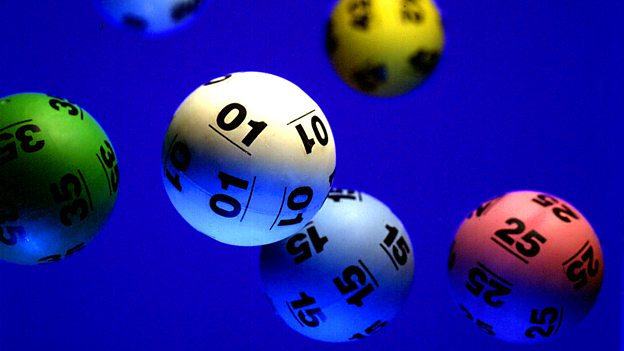In the realm of games of chance, few evoke as much anticipation and excitement as live draw singapore. These spectacles of luck and possibility captivate millions around the world, offering a tantalizing glimpse into the prospect of life-changing fortunes with each numbered ball that rolls out. However, behind the glittering facade of these events lie a tapestry of complexities, controversies, and human stories.
At its core, the live draw lottery is a straightforward concept. Participants purchase tickets adorned with numerical combinations, each representing a shot at the grand prize. Then, in a meticulously orchestrated ceremony broadcasted to eager viewers, a series of numbered balls are drawn at random, with the corresponding digits determining the winners. It’s a ritual that blends mathematics, chance, and the shared dream of sudden wealth.
One of the most compelling aspects of live draw lotteries is their ability to transcend borders and cultures, uniting diverse populations in a common pursuit of fortune. Whether it’s the Mega Millions in the United States, EuroMillions in Europe, or El Gordo in Spain, these events serve as communal touchstones, sparking conversations, and fueling imaginations worldwide.
Yet, for all their allure, live draw lotteries are not without their controversies. Critics often point to the regressive nature of gambling, arguing that such games disproportionately impact lower-income individuals who may be more susceptible to the allure of a quick fix to financial woes. Additionally, concerns about addiction and the potential exploitation of vulnerable populations underscore the need for responsible gaming practices and robust regulatory oversight.
Furthermore, the transparency of the draw process itself has come under scrutiny. While most lotteries employ strict protocols and independent auditors to ensure fairness, instances of fraud or manipulation have occasionally marred the industry’s reputation. As such, maintaining public trust and confidence in the integrity of these events remains an ongoing challenge.
Beyond the controversies, live draw lotteries also offer a window into the human psyche, revealing the universal yearning for a better tomorrow. Behind every ticket purchased is a story of hope—a dream of paying off debts, funding education, or achieving lifelong ambitions. For many, the mere act of participating in the lottery represents a form of defiance against the odds, a refusal to succumb to the limitations of circumstance.
Moreover, the aftermath of a live draw can be as compelling as the event itself. Winners emerge from anonymity, their lives transformed in an instant by a stroke of luck. Tales of newfound wealth and its accompanying joys and challenges abound, offering a glimpse into the complex interplay between money and happiness.
In the end, live draw lotteries occupy a unique space in the collective imagination, simultaneously embodying the promise of opportunity and the pitfalls of chance. As participants eagerly await the next draw, they do so with a mixture of excitement, apprehension, and perhaps a touch of superstition.
